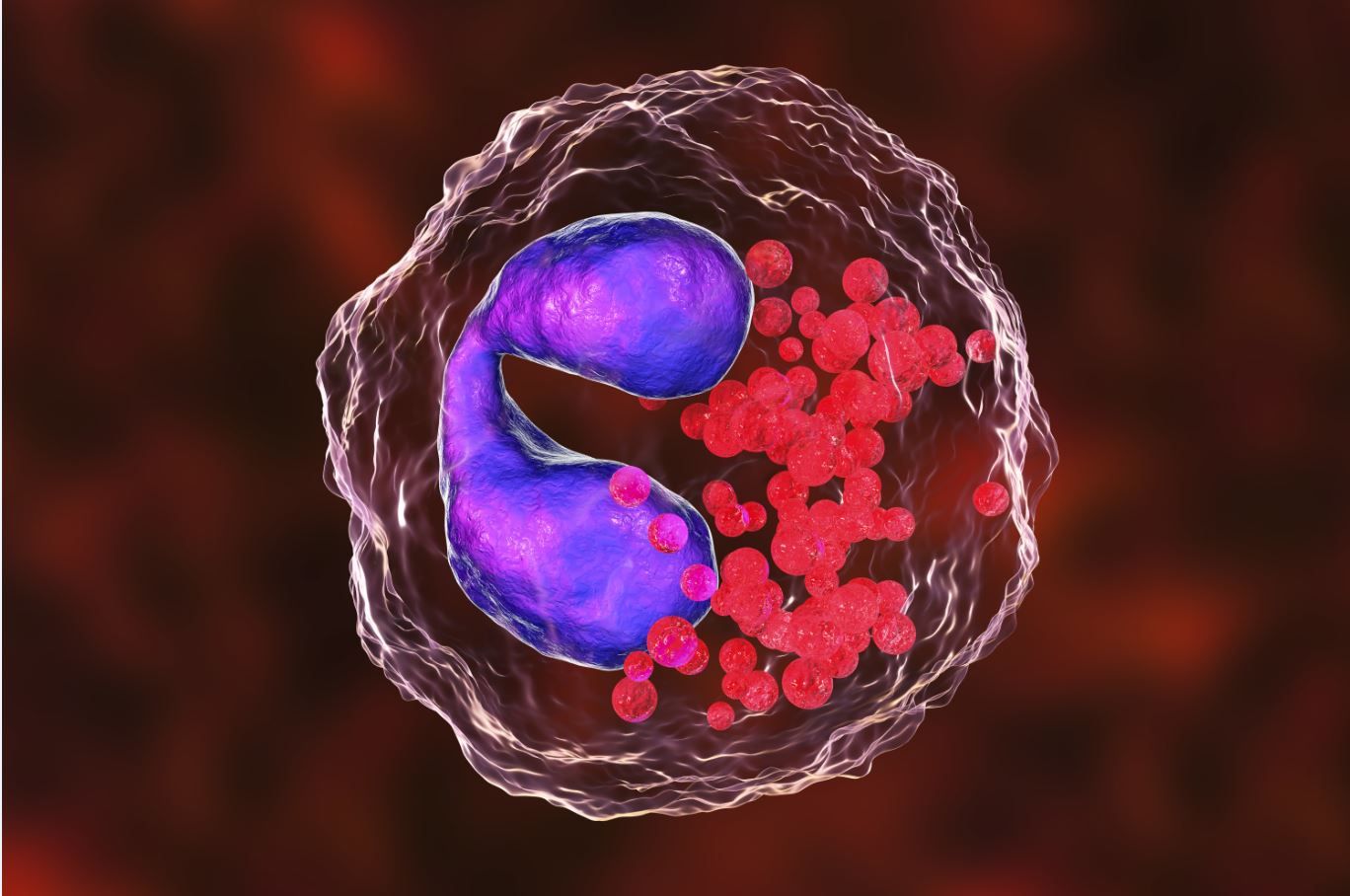- Clinical Technology
- Adult Immunization
- Hepatology
- Pediatric Immunization
- Screening
- Psychiatry
- Allergy
- Women's Health
- Cardiology
- Pediatrics
- Dermatology
- Endocrinology
- Pain Management
- Gastroenterology
- Infectious Disease
- Obesity Medicine
- Rheumatology
- Nephrology
- Neurology
- Pulmonology
Eosinophilia in Patients with Asthma Found to be Protective against Severe COVID-19
In the first study of its kind, pre-existing eosinophilia was protective from COVID-19-related hospital admission and mortality in patients with asthma.
In patients with asthma, pre-existing eosinophilia may be protective factor for COVID-19-related hospital admission and mortality, according to a new study published in the January issue of The Journal of Allergy and Clinical Immunology: In Practice.
©Kateryna_Kon/stock.adobe.com

“To our knowledge, this is the first study demonstrating a potential protective role of eosinophilia in asthma patients with COVID-19,” wrote authors led by Denisa Ferastraoaru, MD, assistant professor, department of medicine, Albert Einstein College of Medicine, Montefiore Medical Center, Bronx, New York. “The exact role of eosinophils in SARS-CoV-2 infection is not understood.”
Ferastraoaru and colleagues conducted a study of 951 patients with asthma and confirmed COVID-19 (mean age, 60.5 years; 31.8% men) from March 14, 2020 to April 27, 2020. Comorbidities (eg, diabetes, hypertension, congestive heart failure), laboratory results, and mortality rates during hospitalization were recorded.
In total, 737 participants (77.5%) were seen in the emergency department (ED), with 581 of those participants (78.8%) admitted to the ED.
Participants with previously measured mean absolute eosinophil counts (AEC) of ≥150 cells/μL had a lower likelihood of ED admission (odds ratio [OR]=0.46; 95% confidence interval [CI]: 0.21-0.98; P=.04). Risk factors for ED admission included concomitant heart failure, chronic kidney disease, and chronic obstructive pulmonary disease.
Hospitalized patients with asthma who had peak hospital-measured AEC of ≥150 cells/μL (n=104) were less likely to die vs those whose AEC remained <150 cells/μL (n=231) (mortality rate 9.6% vs 25.8%; OR=0.006, 95% CI: 0.0001-0.64; P=.03).
Also, the mortality rate in patients with asthma but no associated comorbidities (18.4%) was similar to that of patients without asthma or any comorbidities (13.5%) (OR=1.41; 95% CI: 0.28-7.12; P=0.6).
“Further prospective and mechanistic studies are needed to explore the exact role of eosinophils in COVID-19 mortality, as well as the influence of different asthma characteristics on outcomes of patients with asthma and COVID-19 infection,” concluded study authors.
